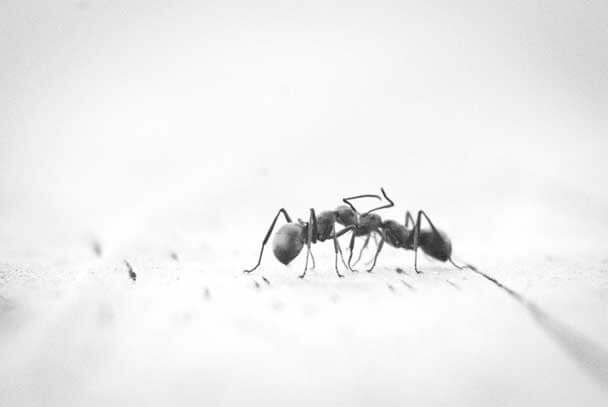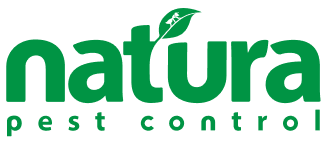Did you know that 84 percent of homeowners have experienced a pest problem in the last year?
What’s more, of these pest problems, most of them (49%) are the result of ant infestations.
It doesn’t take much for an ant colony to gather in your home. When this happens, one solution is often extermination.
You can take certain precautions to keep this from happening, however. Keep reading to learn how to stop ants from invading your home!
1. understand ant behavior
It’s important to understand how ants take up residence in a home in order to better quell them.
Most ant colonies don’t invade a home all at once. Colonies send out “scout ants” in search of food sources. These solo ant travelers can sneak inside your home, figure out where the grub is, and signal the rest of the colony to arrive.
Squelching these scout ants can be vital for cutting off communication to the greater colony. If you see a solo ant crawling around your kitchen counters, kill it immediately.
Of course, it’s a lot harder to spot a single ant than to identify a large colony. For that reason, if you’re having trouble scouting out the scouts, keep the rest of these tips in mind.
Ants are also drawn to sugary food sources, as they naturally consume nectar from plants and fruits. Food sources likely to compel ants are ripe, exposed fruits, juice and soda spills, honey, and jams.
Still, this won’t stop an ant from carting away a crumb of cheese or a bit of bread. This insect is a scavenger at heart!
Ants are also unlikely to colonize directly in your home. Most have nests outside of homes and choose to invade for food gathering purposes only.
2. clean up dirty dishes immediately
Because ants love anything with sugar in it, it’s vital to keep your home free of crumbs, spills, and exposed food residue.
The kitchen sink is a big culprit in this regard. Make sure you keep your sink sparkling clean and clean up dirty dishes immediately.
You may be tempted to leave that soup pot to soak overnight, but doing so can indeed lure pests, especially ants. Make an effort to clean up immediately after meals, and make use of that dishwasher if you have one.
3. maintain sparkling surfaces
All sorts of food residue can gather on surfaces.
The kitchen is obviously the big contender here, but don’t forget about other surfaces in your home, including the bathroom, dining room, and living room surfaces.
Daily inspect surfaces in your home for a build-up of any kind. Make sure you are doing more than just wiping crumbs away onto the floor, as these can still lure ants.
Use a clean sponge and a cleaning substance of some kind, even if it is a simple squirt of dish soap.
Vinegar water can also be excellent (see next tip), as well as disinfectant wipes.
Another oft-overlooked surface is the microwave. Scrub it inside and out on a weekly, if not daily, basis to prevent ants from invading.
4. use vinegar water
How do colony ants follow scout ants? Scout ants leave what are called “ant trails,” deposits of pheromones (natural chemicals) that other ants can scent out and follow.
These are, naturally, invisible to human eyes. However, we do have the capacity to destroy ant trails. A simple vinegar-water spray can be helpful in doing this.
If you’ve noticed a few scout ants in your home, wipe up their ant trails after killing them with some vinegar water.
If you don’t like the smell of vinegar, add a few drops of essential oils to the mix. This also makes a lovely, chemical-free cleaner to use around your home.
5. seal all food containers
Be mindful of how you are storing your food in order to keep ants from invading your home. If you are storing leftovers of any kind, make sure you keep these containers tightly sealed.
This applies even to leftovers you store in the fridge. However, it is especially important to keep this tip in mind when storing pantry items.
In fact, we recommend inspecting your pantry and cupboard contents often.
Make sure jars of honey are sealed and wiped down. The same goes for jam jars.
Regularly wipe down cupboard shelves, too, to prevent the accumulation of food residue, crumbs, and sugary substances likely to attract ants.
6. clean floors often
Ants must traverse your home’s floors to get to any food source, so do your best to regularly clean your floors.
Pay particular attention to carpets, as these can gather all sorts of invisible crumbs! Vacuum weekly, and do the same with rugs.
Mopping hardwood and tile floors can add an extra layer of protection here.
7. inspect your home’s property
It is essential to protect the inside of your home from pesky ant colonies, but the outside is just as important! Remember that ants build their nests outside and often enter homes in search of food.
Walk around your property and see if you notice any ant “mounds:” protrusions of the earth that suggest a colony. You may even see ants swarming on a patch of ground.
If you already have an ant invasion, it’s wise to wipe out these colonies as soon as possible.
In the interim, consider applying an ant barrier around your home: an insecticide likely to fend off scouts from developing colonies.
8. seal all cracks
Do you notice any visible cracks in your home’s exterior? These are prime entryways for hungry ants.
Seal cracks around your home’s windows, doors, and other openings. Pay attention to any mesh screens, too, on porch doors, as minuscule tears in these can welcome scouts in a flash.
how to stop ants from invading your home
Don’t let an ant invasion get you down. Take these precautions to ensure these little invaders stay away from your kitchen cabinets and living room rugs.
Now you know how to stop ants from taking over your house.
What happens if they already have? We can help! Learn more about our ant control services here!



